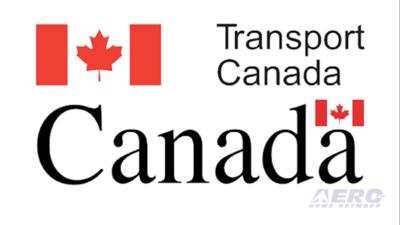Tue, Feb 21, 2017
Advertisement
More News
 Bolen Gives Congress a Rare Thumbs-Up
Bolen Gives Congress a Rare Thumbs-Up
Aviation Governance Secured...At Least For a While The National Business Aviation Association similarly applauded the passage of the FAA's recent reauthorization, contentedly recou>[...]
 The SportPlane Resource Guide RETURNS!!!!
The SportPlane Resource Guide RETURNS!!!!
Emphasis On Growing The Future of Aviation Through Concentration on 'AFFORDABLE FLYERS' It's been a number of years since the Latest Edition of Jim Campbell's HUGE SportPlane Resou>[...]
 Buying Sprees Continue: Textron eAviation Takes On Amazilia Aerospace
Buying Sprees Continue: Textron eAviation Takes On Amazilia Aerospace
Amazilia Aerospace GmbH, Develops Digital Flight Control, Flight Guidance And Vehicle Management Systems Textron eAviation has acquired substantially all the assets of Amazilia Aer>[...]
 Hawker 4000 Bizjets Gain Nav System, Data Link STC
Hawker 4000 Bizjets Gain Nav System, Data Link STC
Honeywell's Primus Brings New Tools and Niceties for Hawker Operators Hawker 4000 business jet operators have a new installation on the table, now that the FAA has granted an STC f>[...]
 Echodyne Gets BVLOS Waiver for AiRanger Aircraft
Echodyne Gets BVLOS Waiver for AiRanger Aircraft
Company Celebrates Niche-but-Important Advancement in Industry Standards Echodyne has announced full integration of its proprietary 'EchoFlight' radar into the e American Aerospace>[...]
blog comments powered by Disqus




